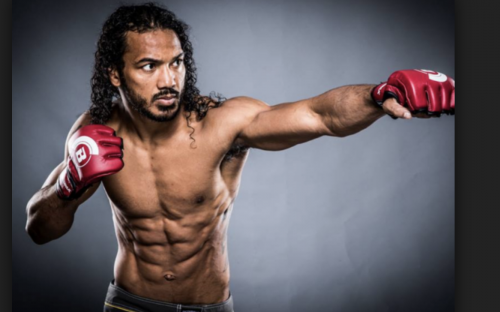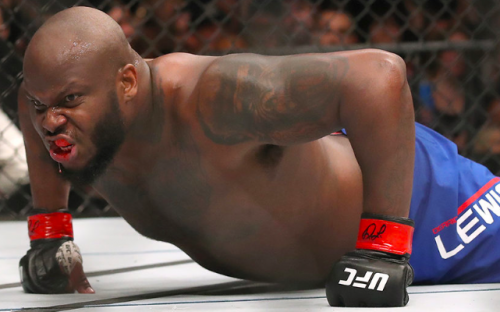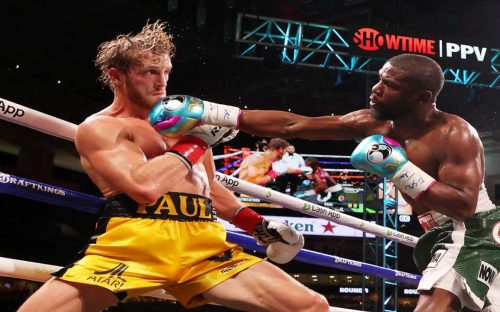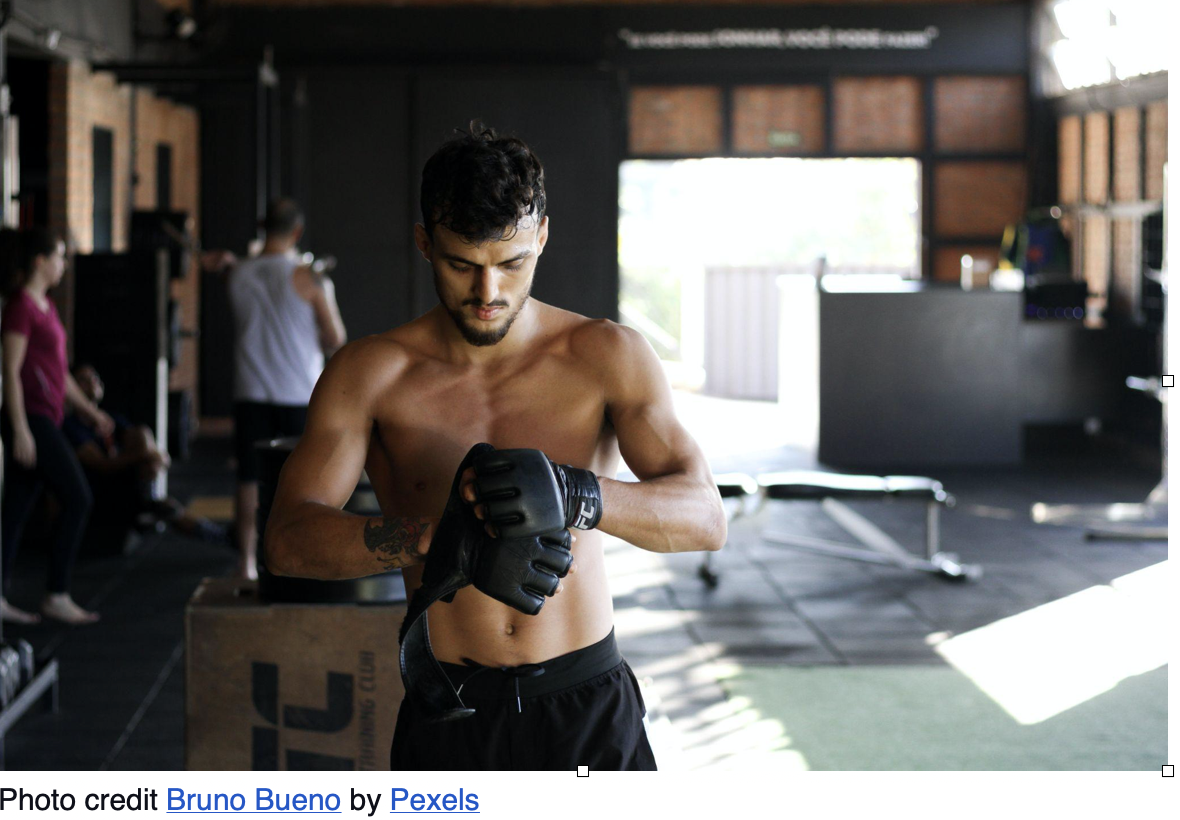
Mixed martial arts fighters must have very specific nutrition needs. To succeed as an MMA fighter, it’s not enough to just eat healthily; you need to eat the right kinds of foods at the right times to fuel your body with the energy and nutrients it needs before, during, and after a fight.For most athletes, training for a fight involves long hours of gruelling physical activity combined with strict diet and exercise regimens. The dedication fuels things like the support of fans, sports betting, and various merchandise sales. MMA fighters are no exception to the challenge, the difference is that they must do so while also cutting weight to prepare for their upcoming bout.This means that some days are spent eating more calories than others and that their diet plan must be adjusted accordingly. In this article, we’ll look at what an MMA fighter should eat and drink to train effectively, lose weight fast, and recover quickly between sessions.
The Training Aspect
On top of preparing for both strength and endurance, MMA fighters must also train for their cardio. Because of the high-intensity nature of MMA fights, many fighters exercise at least two hours per day. If you’re interested in trying out an MMA workout routine, start by doing a few basic mobility exercises to warm up your joints and muscles. From there, focus on compound movements like squats, lunges, pushups, and pull-ups. These movements will help you develop strength and core stability. For the final push, try incorporating interval training into your routine. Interval training involves short periods of high-intensity activity followed by low-intensity recovery periods. By alternating between high-intensity workouts and low-intensity recovery periods throughout the day, you can increase your overall endurance while also building muscle mass.
What to Eat Before an MMA Fight
The right pre-fight nutrition plan can help you perform at your best during a fight. It can also help you recover faster and minimize post-fight soreness and inflammation. To achieve these goals, you’ll want to eat a high-protein, high-carbohydrate meal about two hours before your fight. A pre-fight meal like this will give you a slow and steady release of energy that lasts for hours. It will also help to reduce the amount of lactic acid your body produces as you train, which can cause soreness and fatigue. Pre-fight meals should also be low in fat, fibre, and sodium. The last thing you want is a full stomach during a fight, so you want to eat a meal that is high in calories but that doesn’t leave you feeling overly full. Pre-fight meals are also an excellent opportunity to get your vitamins and minerals. Begin your meal with a salad or bowl of vegetables, add a source of protein like fish or chicken, and finish with a baked potato or other starch sources.
During the Match
The goal during a fight is to maintain your energy levels without taking in too many calories. You want to eat enough to keep your muscles fuelled and your mind focused, but not so much that you become inefficient and get tired too quickly. To achieve this balance, consume small amounts of low-fat, low-fibre carbohydrates during your fight. Pre-packaged sports bars are a good option. They provide a slow but steady release of energy, and they contain just enough fat to promote mental focus and keep your muscles running. Avoid high-sugar foods like cookies and energy drinks, as they will provide you with too much energy too quickly, which can cause you to become inefficient and tire out quickly.
The Aftermath
After your fight, you want to focus on eating foods that will help your body to repair itself. This means eating lots of protein and healthy fats like avocado, olive oil, coconut oil, and salmon. You may also want to consume a sports drink like Gatorade or Powerade to replace the electrolytes your body lost while fighting.
Pre- and post-fight meals are also an excellent opportunity to add in foods rich in vitamins and minerals, which will help you recover faster and minimize post-fight soreness and inflammation. Pre-fight meals are especially important if you’re cutting weight for a fight. You will have to eat less during fight week, so you should begin eating smaller portions of protein-rich foods like fish and chicken.
Body Maintenance
As an MMA fighter, it’s important to keep a balanced diet. You’re going to be burning a lot of calories throughout the day, and if you’re not eating enough protein and carbs, you can quickly become fatigued. It’s also important to maintain a healthy body weight. If you’re too heavy, you could put an unnecessary strain on your joints, which could lead to injury.
Some fighters choose to bulk up before their fight so that they can feel comfortable in the cage. Others prefer to maintain a lean physique so that they can move quickly and efficiently. Either way, it’s important to stay hydrated and eat plenty of healthy foods. If you don’t drink enough water or have too much sodium in your diet, you won’t feel fully hydrated and will become dehydrated when you’re engaged in an intense activity like fighting.
Conclusion
The pre-fight, in-fight, and post-fight nutrition plans of an MMA fighter are carefully calculated to maximize performance and promote proper recovery. The foods fighters eat might seem extreme, but for those who live and breathe the sport, it’s simply what’s necessary to succeed. Mixed martial arts is a physically and mentally challenging sport, and proper nutrition can make the difference between winning and losing.
MMA fighters need to eat the right foods at the right times to fuel their bodies. Breakfast is the most important meal of the day and should include protein-rich foods. Mid-day meals should include healthy carbohydrates and proteins. Finally, post-workout snacks should include carbohydrates and healthy fats. With these tips, you can eat like an MMA fighter, no matter what type of event you’re training for.
Latest from the blog
Friday, 12th Dec, 2025
Legends Never Die| Cris Cyborg Vs Sara Collins PFL MMA Lyon France
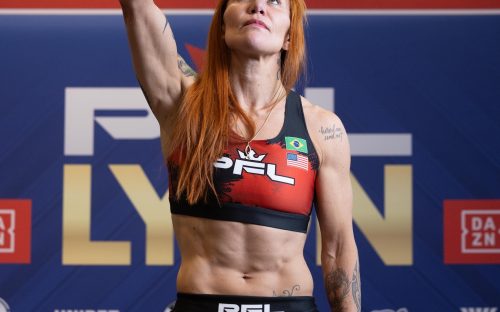
Cris Cyborg makes Championship weight for PFL MMA Lyon

Renan Ferreira wants Francis Ngannou rematch with PFL Lyon victory

Cris Cyborg faces off with Sara Collins for the first time in Lyon France

PFL Lyon France: Cris Cyborg (Brazil) Vs Sara Collins (Australia)





